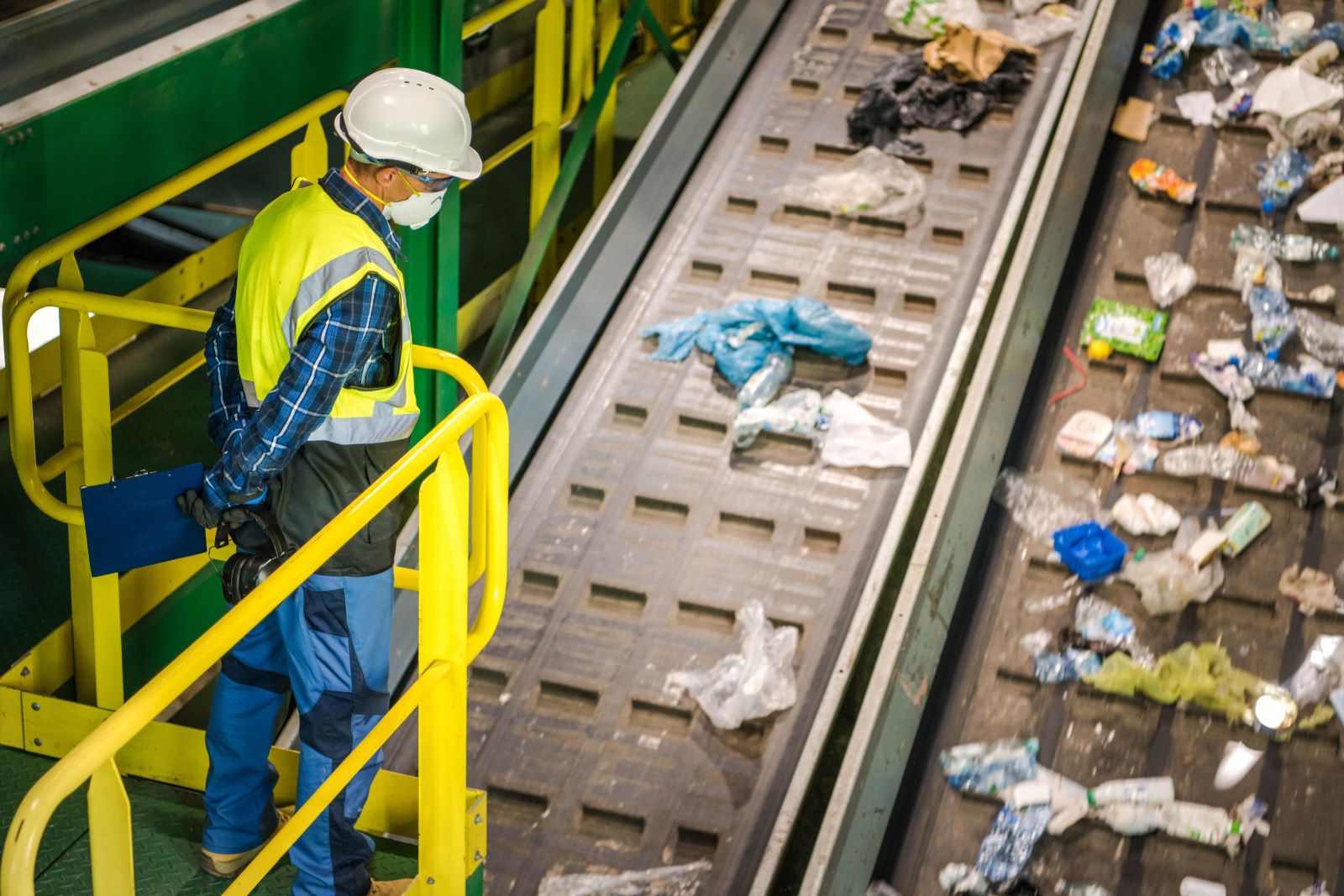Unlocking Efficiency: Company Waste Management
In the contemporary business environment, where sustainability has become a guiding principle for success, effective company waste management stands out as a cornerstone of corporate responsibility and operational efficiency. Companies worldwide are increasingly recognising the importance of implementing robust waste management strategies to minimise environmental impact, reduce costs, and enhance their reputation. In this article, we delve into the significance of company waste management, its challenges, and strategies for successful implementation.
The Significance of Company Waste Management:
Company waste management goes beyond mere compliance with regulations; it embodies a commitment to responsible stewardship of resources and the environment. By effectively managing their waste streams, companies can achieve several key objectives:
1. Cost Reduction: Implementing efficient waste management practices enables companies to reduce disposal costs and optimise resource utilisation. By minimising waste generation and maximising recycling and reuse, companies can lower their operational expenses and enhance profitability.
2. Environmental Protection: Sustainable waste management contributes to environmental conservation by reducing pollution, conserving natural resources, and mitigating greenhouse gas emissions. By diverting waste from landfills and promoting recycling and composting, companies play a crucial role in preserving ecosystems and combating climate change.
3. Corporate Reputation: A commitment to sustainable waste management enhances a company’s reputation and brand image, fostering trust and loyalty among customers, investors, and stakeholders. By demonstrating environmental leadership and social responsibility, companies can differentiate themselves in the market and attract environmentally conscious consumers and partners.
Challenges in Company Waste Management:
Despite its benefits, implementing effective waste management strategies within companies is not without challenges. Some of the key obstacles include:
1. Resistance to Change: Shifting organisational culture and mind-set towards sustainable waste management practices can be challenging, particularly in industries where traditional approaches prevail. Overcoming resistance to change and fostering a culture of sustainability requires leadership commitment, employee engagement, and continuous education and communication.
2. Lack of Infrastructure and Resources: Inadequate infrastructure, such as recycling facilities and waste sorting systems, can hinder companies’ ability to implement efficient waste management practices. Additionally, limited financial resources and competing priorities may pose barriers to investing in sustainable waste management initiatives.
3. Regulatory Compliance: Compliance with environmental regulations and waste management standards adds complexity to company waste management efforts. Companies must navigate a complex regulatory landscape, stay abreast of evolving requirements, and ensure adherence to legal obligations while striving for environmental sustainability.
Successful Company Waste Management:
To overcome these challenges and maximise the benefits of waste management, companies can adopt several strategies:
1. Integrated Waste Management Approach: Implement an integrated waste management approach that encompasses waste reduction, recycling, reuse, and proper disposal. Develop a comprehensive waste management plan tailored to the company’s operations, goals, and regulatory requirements.
2. Employee Engagement and Training: Engage employees at all levels in waste management initiatives through training, awareness campaigns, and incentives for sustainable behaviour. Empower employees to identify opportunities for waste reduction and participate actively in waste management efforts.
3. Investment in Infrastructure and Technology: Invest in the necessary infrastructure, equipment, and technology to support efficient waste management practices. This may include implementing recycling and composting facilities, upgrading waste sorting systems, and adopting digital solutions for waste tracking and monitoring.
4. Collaboration and Partnerships: Collaborate with suppliers, customers, and industry partners to promote sustainability throughout the supply chain. Share best practices, exchange resources, and explore opportunities for joint waste management initiatives that benefit all stakeholders.
5. Continuous Improvement and Measurement: Regularly monitor and measure performance metrics related to waste generation, recycling rates, and environmental impact. Identify areas for improvement, set targets for waste reduction and recycling, and track progress towards sustainability goals.
Effective company waste management is essential for maximising efficiency, reducing environmental impact, and enhancing corporate sustainability. By embracing responsible waste management practices, companies can achieve cost savings, protect the environment, and strengthen their reputation as socially responsible organisations. Despite the challenges involved, companies that prioritise waste management as a strategic priority stand to reap significant benefits in terms of operational efficiency, competitiveness, and long-term sustainability. As the global focus on sustainability continues to grow, integrating waste management into corporate strategies will become increasingly vital for companies seeking to thrive in a rapidly changing business landscape.
Take action now for sustainable waste management to enhance efficiency and foster a beneficial environmental footprint. Equip your team, craft a thorough strategy, and allocate resources to guide your company towards a more eco-friendly tomorrow.







